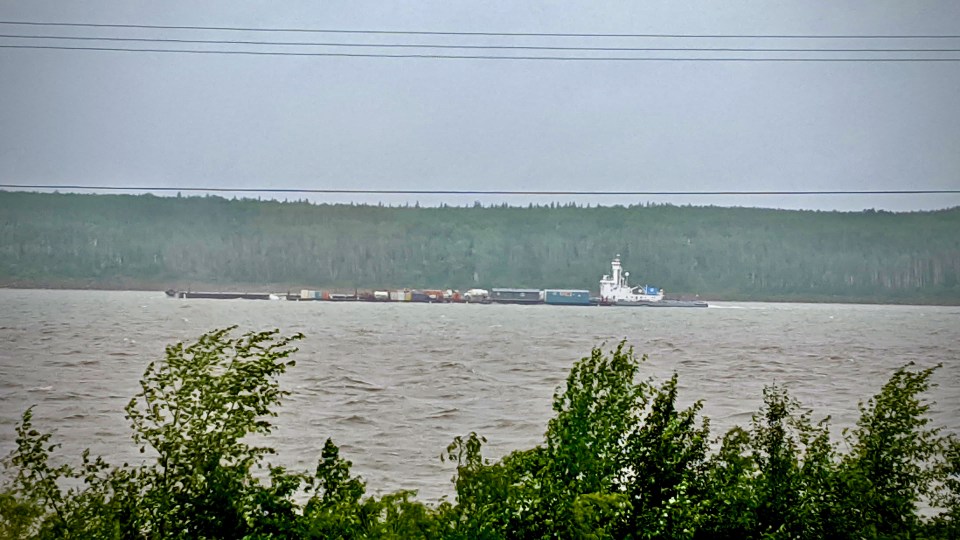GNWT Cancels Summer Barges to Tulita and Norman Wells Due to Record Low Water Levels
In a shocking turn of events, the Government of Northwest Territories (GNWT) has announced the cancellation of summer resupply barges to Tulita and Norman Wells due to historically low water levels on the Mackenzie River. This decision comes after years of extreme drought have led to a dramatic decrease in river water levels, causing safety concerns for marine crews and risking the integrity of vessels, cargo, and fuel.
Impacts on Sahtu Communities and Calls for Mackenzie Valley Highway
The cancellation of the entire summer resupply season is expected to have a significant impact on affected communities, with projects like new schools, health centers, and arenas facing delays due to the absence of barges. This move is likely to intensify calls for the construction of the Mackenzie Valley Highway, a long-awaited road connection that requires substantial federal funding to materialize. Buffalo Airways has stepped in to offer discounted air freight as an alternative, but the Sahtu Secretariat has expressed concerns about the delays in essential projects.
Alternative Supply Plans and Implications for Isolated Northern Communities
As a result of the barge cancellations, customers with cargo already at the Hay River terminal are faced with the difficult choice of either arranging for pick-up on the winter road or waiting until the 2025 sailing season. Fuel destined for Tulita will have to wait for the winter road, while Norman Wells will rely on alternative supply plans through Imperial Oil. The GNWT has emphasized the challenges of getting freight to isolated northern communities, highlighting the importance of reliable transportation infrastructure in the region.
In conclusion, the decision to cancel summer barges to Tulita and Norman Wells underscores the urgent need for long-term solutions to address the impacts of climate change on northern transportation routes. As communities grapple with delays and disruptions, the conversation around infrastructure development and resiliency in the face of environmental challenges becomes increasingly crucial.




